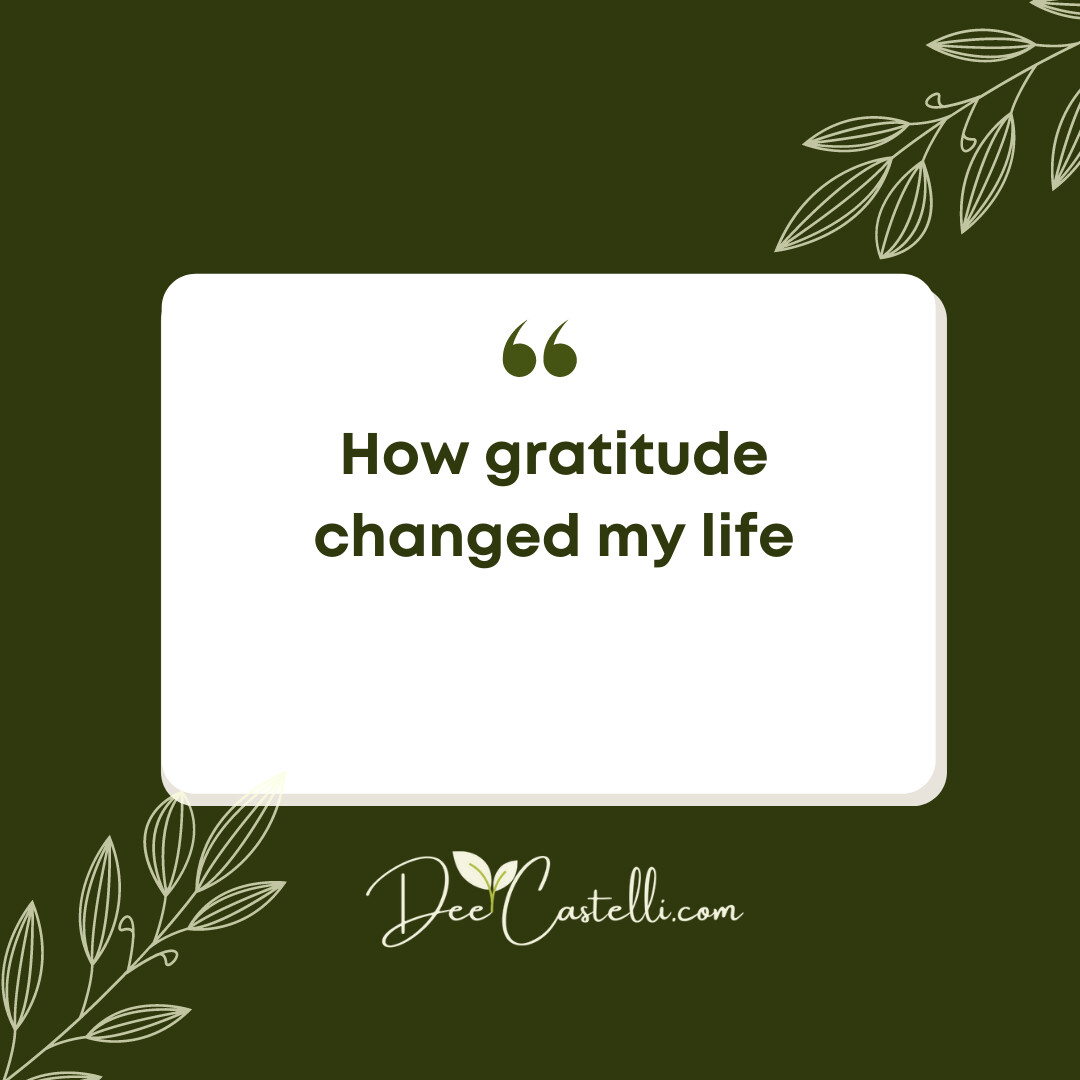
1. Improve Emotional Health
When emotions flow freely and remain fluid they become like a river. They don't get stuck, rather they flow steady and gently. That balance, peace and ease is the core of my practice, courses and sessions. When we feel emotions and let them flow we invite peace and ease. Gratitude helps support this flow:
Flow in more joy and peace
The limbic system is the part of the brain responsible for emotional experiences. In the limbic system, the hippocampus and amygdala play a significant role regulating emotions, memory, and bodily functioning. Studies show that these two main areas are activated with feelings of gratitude.
Emotions are natural responses in our brain to external situations. They're created as a gift for our benefit. A study conducted on individuals seeking mental health guidance revealed that participants of the group who wrote letters of gratitude in addition to their regular counseling sessions felt better and recovered sooner. The other group in the study were asked to journal their negative experiences instead of writing gratitude letters and reported feelings of anxiety and depression.
So just writing about the experience without calling up gratitude is less effective. Even emotions of fear, anger and sadness have a beautiful message for us. If you haven't already taken my course on emotional balance in 3 easy steps you may want to check it out.
Increase empathy
Gratitude enhances empathy and reduces aggression. Grateful people are more likely to have prosocial manners even when others behave less kindly. According to a 2012 study by the University of Kentucky, participants who ranked higher in gratitude were less likely to retaliate against others even when given negative feedback. They experienced more empathy toward other people plus decreased desire to seek revenge.
Improve self-esteem
A 2014 study published in the Journal of Applied Sport Psychology found that gratitude increased athletes’ self-esteem, an essential component to optimal performance. Other studies show that gratitude reduces social comparisons. This is very beneficial in these times when social comparison runs high on social media. Comparison is a major factor in reduced self-esteem. Rather than becoming resentful toward people we perceive as having more, grateful people appreciate other people’s accomplishments.
2. Improve Physical Health
Gratitude contributes to an overall sense of well-being. Being an optimistic person has so many health benefits. Here's just a few
Reduce pain
Counting Blessings vs Burdens (Emmons & McCullough, 2003), a study conducted on evaluating the effect of gratitude on physical well-being, indicated that 16% of the patients who kept a gratitude journal reported reduced pain symptoms. They were more willing to work out and cooperate with treatment procedure. By regulating the level of dopamine, gratitude fills us with more vitality, thereby reducing subjective feelings of pain.
Improve sleep quality
Studies show that receiving and displaying simple acts of kindness activates the hypothalamus. One of the body functions controlled by the hypothalamus is sleep. Hypothalamic regulation activated by gratitude supports deeper and healthier sleep. A brain filled with gratitude and kindness is more likely to sleep better and wake up feeling refreshed and energetic every morning (Zahn et al., 2009). Writing in a gratitude journal improves sleep, according to a 2011 study published in Applied Psychology: Health and Well-Being. Spend just 15 minutes jotting down a few grateful sentiments before bed and you may sleep better and longer.
Boost the immune system
Stress lowers the immune response to potential bodily threats, whereas increased mental well-being can help your body fight off illness [Phil. Trans. R. Soc. Lond.B (2004)]. Practicing gratitude improves other aspects of physical health. One early-stage 2017 study suggests potentially reducing risk associated with heart failure. Wow that is powerful!
According to a 2019 study on Optimism and Healthy Aging considers how optimism might be related to a full scope of health conditions in aging—from cognitive to physical health.
If you’re not naturally optimistic, practicing and cultivating gratitude practice can help you cultivate an optimistic outlook, as suggested by a 2018 study on the effects optimism on wellbeing. In an older 2003 study just 10 weeks of regular gratitude practice helped participants feel more optimistic and positive about their present lives and the future.
Grateful people experience fewer aches and pains and report feeling healthier than other people according to this 2012 study published in Personality and Individual Differences.
Grateful people are more likely to take care of their health, exercise more often and more likely to attend to their physical needs, which is likely to contribute to further longevity.
3. Improve Mental Health
Stress regulation
McCraty and colleagues in one study on gratitude and appreciation found that participants who felt grateful showed a marked reduction in the level of cortisol, our stress hormone. They had better cardiac functioning and were more resilient to emotional setbacks and negative experiences.
Can you see how some of the benefits of gratitude overlap between emotional, mental and physical benefits?
Significant studies have established that by practicing gratitude we handle stress better. Just acknowledging and appreciating the little things in life, we rewire the brain to deal with the present circumstances with more awareness and broader perception. See my blog post from last week on rewiring the brain.
Reduce anxiety and depression
By reducing stress hormones and managing the autonomic nervous system functions, gratitude significantly reduces symptoms of depression and anxiety. At the neurochemical level, feelings of gratitude are associated with an increase in the ability to navigate challenging emotions like guilt, shame, and violence. This is due to neural modulation of the prefrontal cortex, the brain site responsible for managing emotion. As a result, people who keep a gratitude journal or use verbal expression of gratitude are more empathetic and positive minded by nature.
One 2020 study showed that regularly practicing gratitude can help ease symptoms of anxiety and depression. Another study from 2003 noted gratitude is linked to improved mood. Practicing gratitude amplifies positive feelings which contributes to a sense of well-being.
Gratitude increases mental strength. Research shows gratitude not only reduces stress, but it may also play a major role in overcoming trauma. A 2006 study published in Behavior Research and Therapy found that Vietnam War veterans with higher levels of gratitude experienced lower rates of post-traumatic stress disorder. A 2003 study published in the Journal of Personality and Social Psychology found that gratitude was a major contributor to resilience following the terrorist attacks on September 11. Recognizing all that you have to be thankful for —even during the worst times—fosters resilience.
4. Improve Relationships
Gratitude can also improve your relationships. Gratitude plays a key role in forming new relationships and in strengthening existing ones.
When it comes to romantic relationships, gratitude can help partners feel more satisfied with each other. One 2010 study showed that those who demonstrated gratitude toward one another reported increased relationship satisfaction and improved happiness the following day.
Gratitude opens the door to more relationships. Saying “thank you” is good manners and showing appreciation can help you make new friends. Whether you thank a stranger for holding the door or send a thank-you note to a colleague who helped you with a project, acknowledging other people’s contributions can lead to new opportunities.
Begin your gratitude practice!
This is fun and easy! Join me for 5 Days of Gratitude videos to help get you started with a good practice. This FREE mini course includes a free printable page from my "Being Thankful" journal available on Amazon.
Share your thoughts and comments below ▼ I love hearing from you ❤️
Click here to get your Aroma Reset guide - This simple technique clears your limiting beliefs and negative thoughts. Your powerful sense of smell unlocks the part of your subconscious brain responsible for making decisions on autopilot. That instinct or survival brain isn't open to reason and logic. Empower yourself at that level to accomplish every goal you set!
Copyright © 2023 All Rights Reserved by Lemons and Sage, LLC

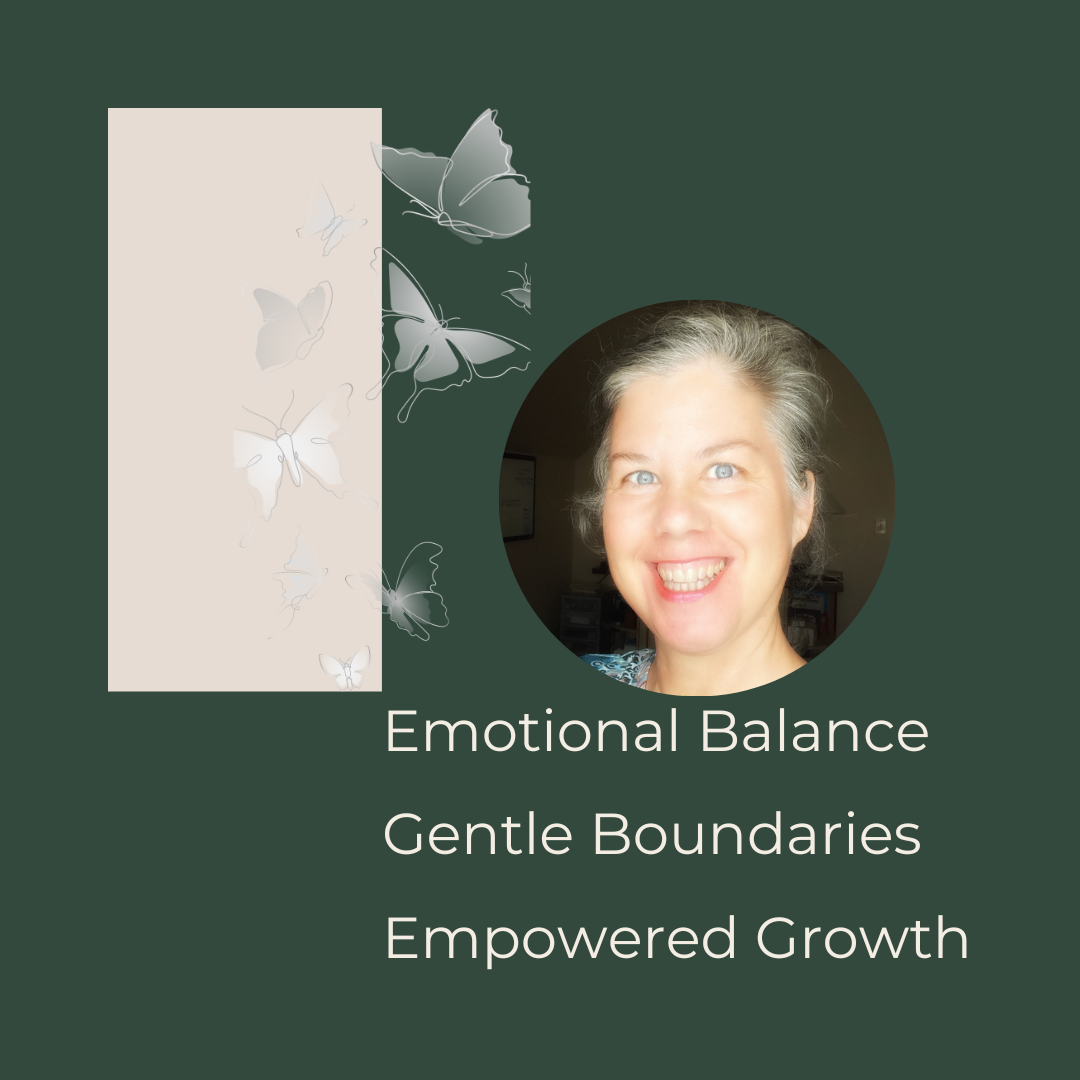 Hello and welcome to my little corner of the web where I share my healing journey with you. That sharing helped many along their own healing journey. As you read I wish the same for you.
Hello and welcome to my little corner of the web where I share my healing journey with you. That sharing helped many along their own healing journey. As you read I wish the same for you.

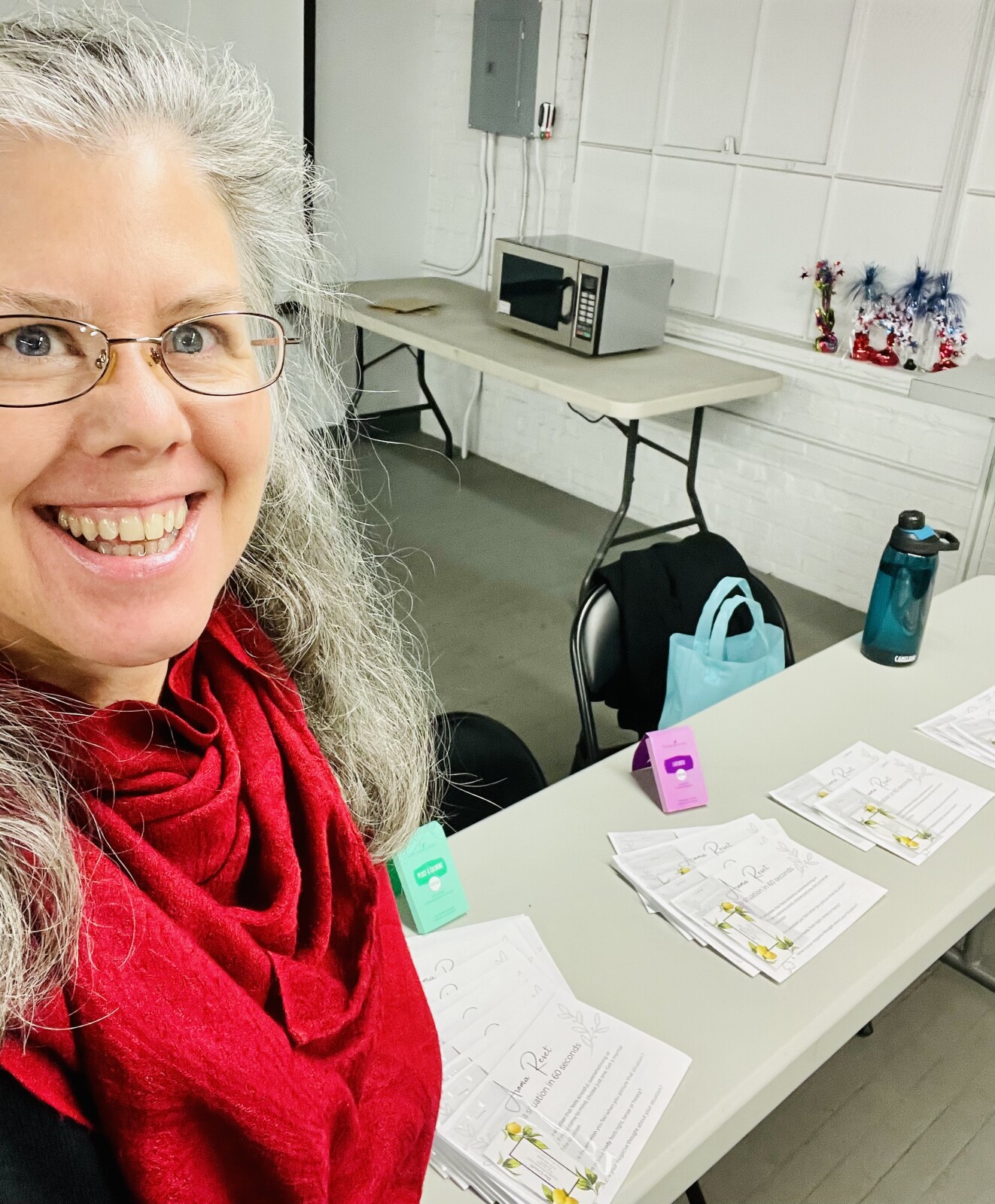
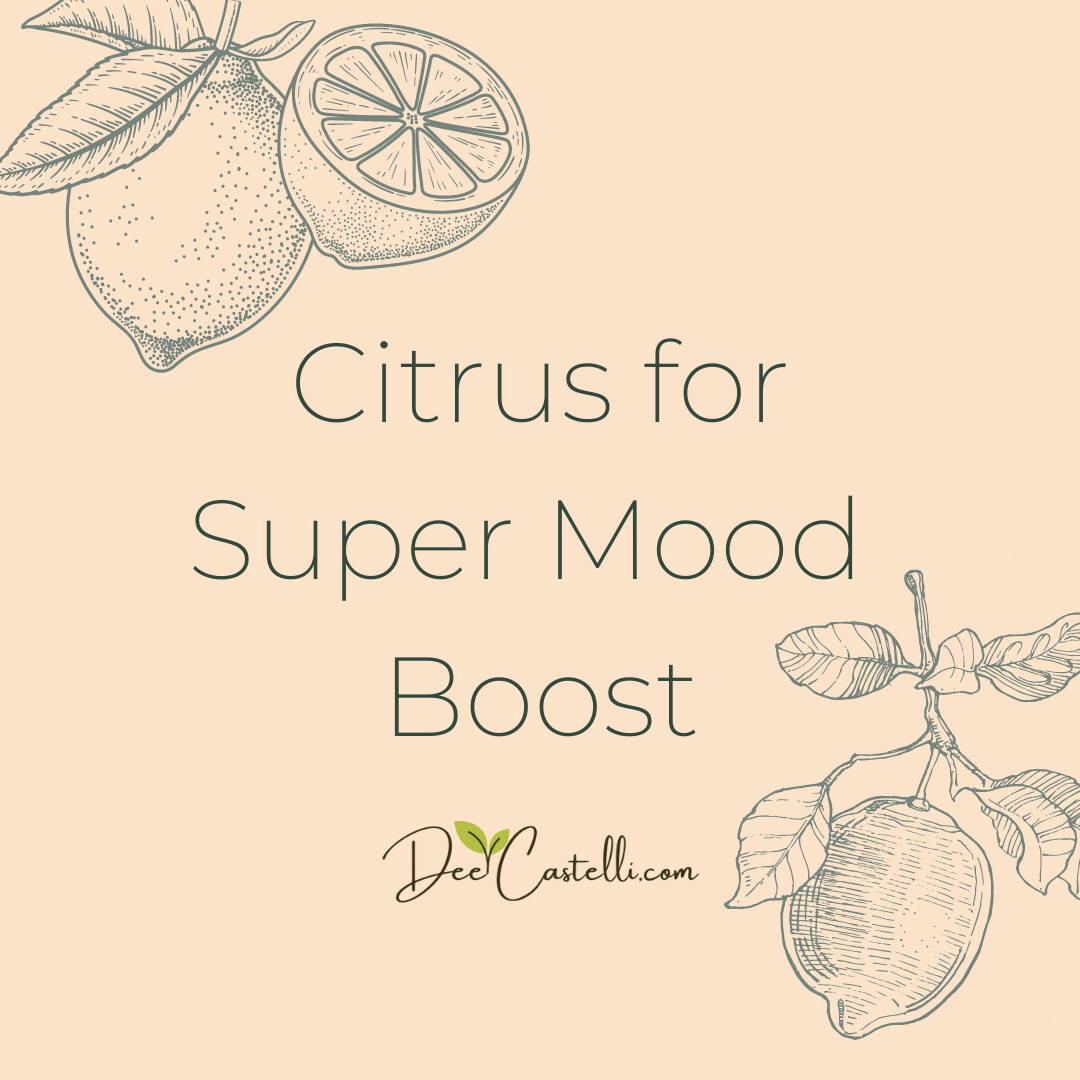
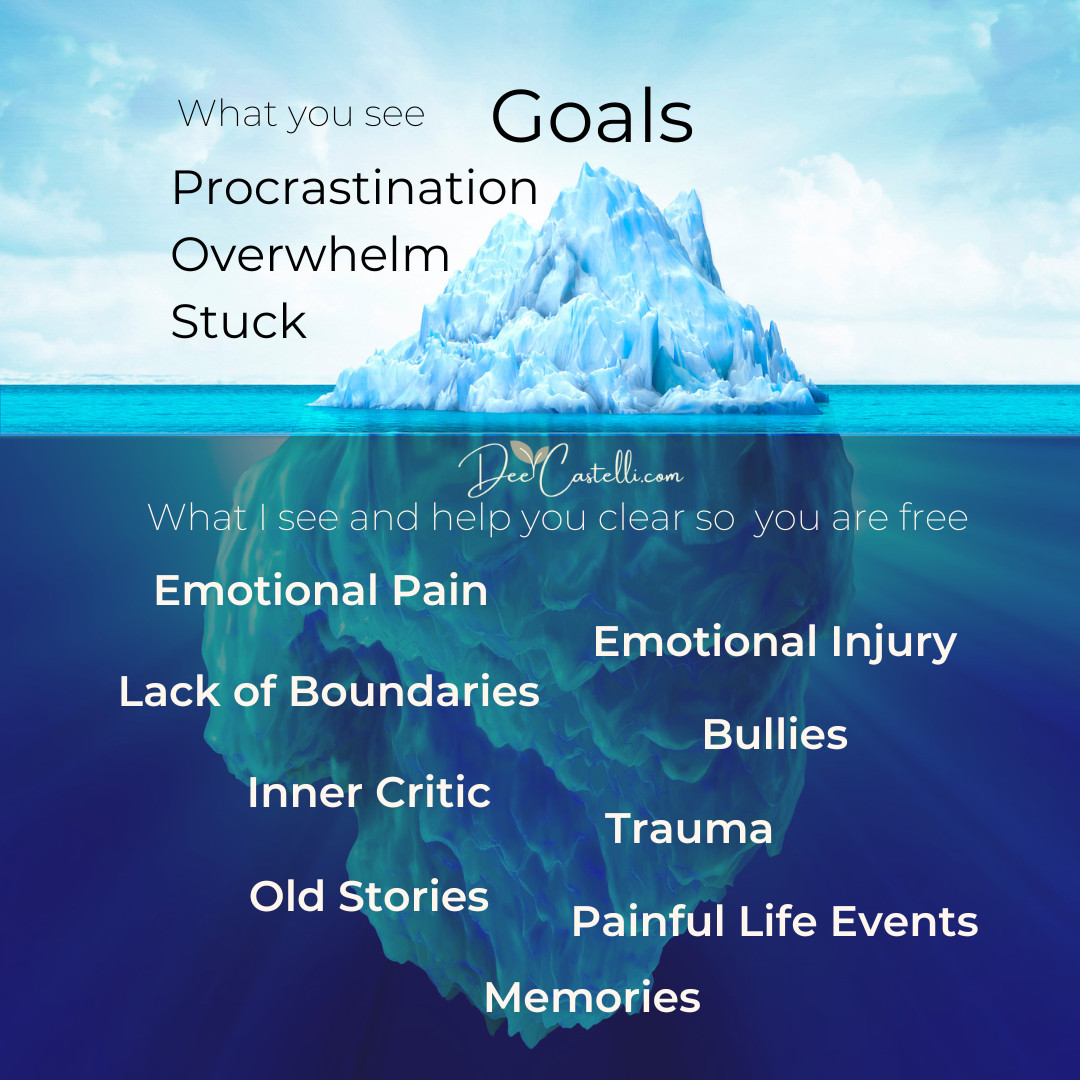



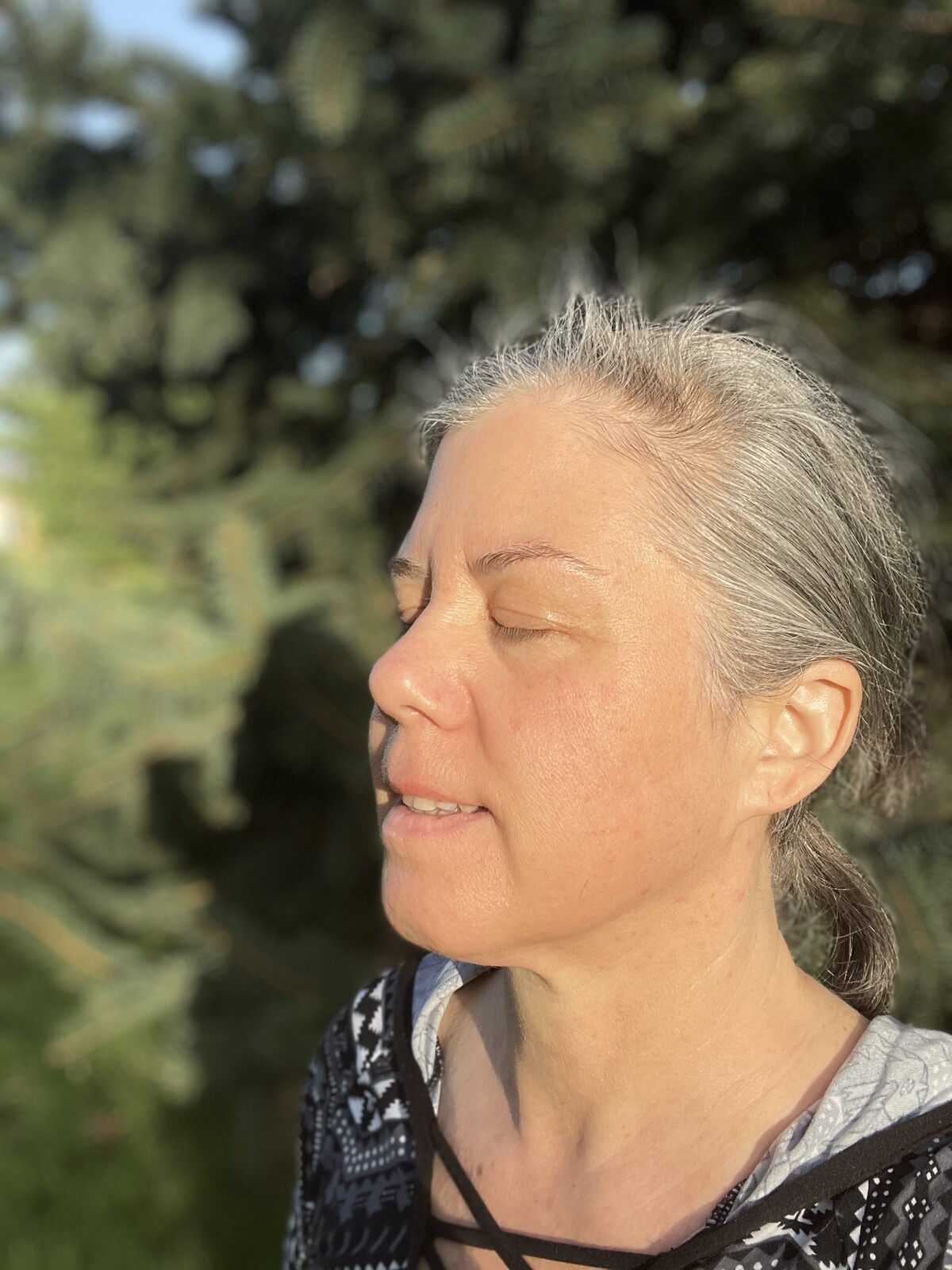
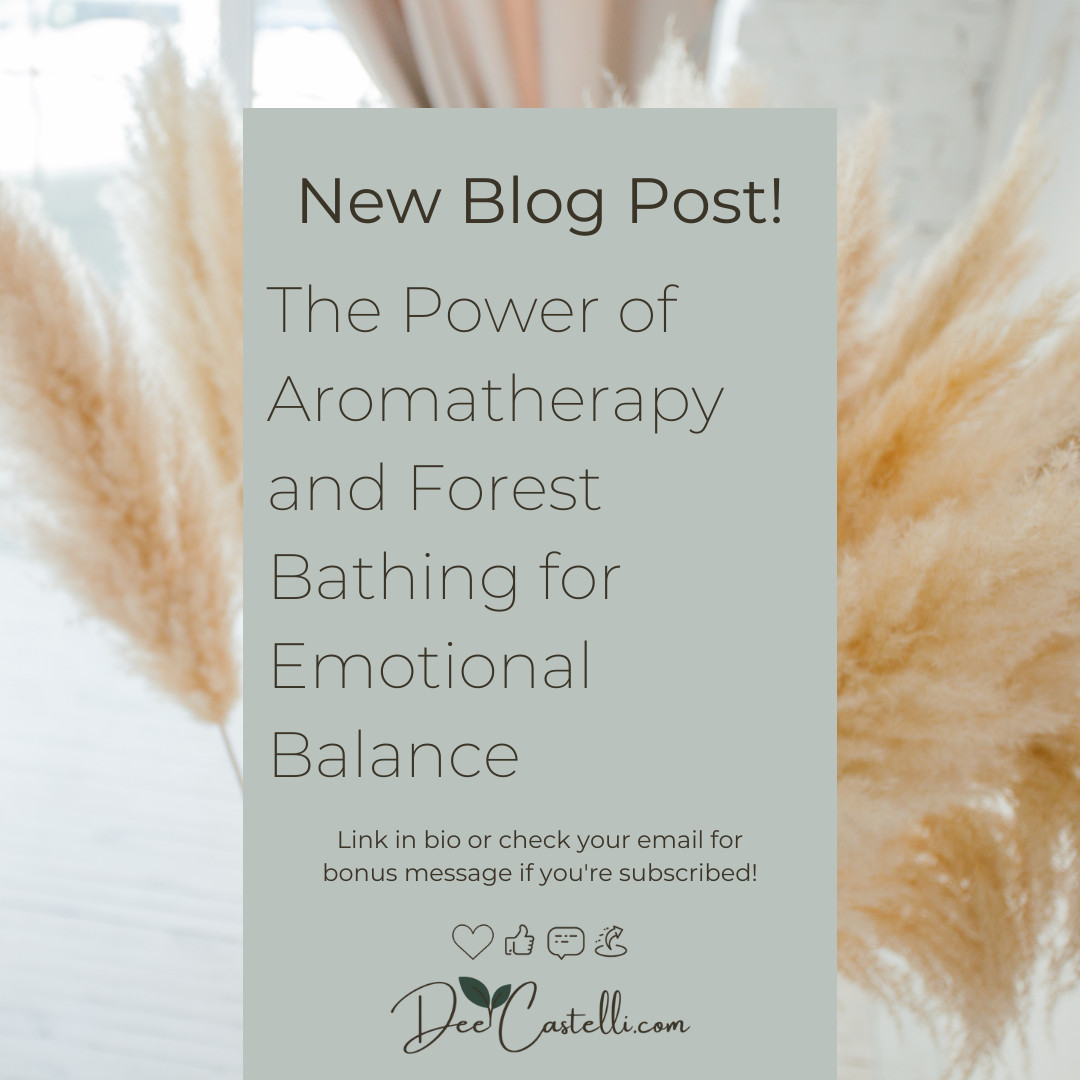



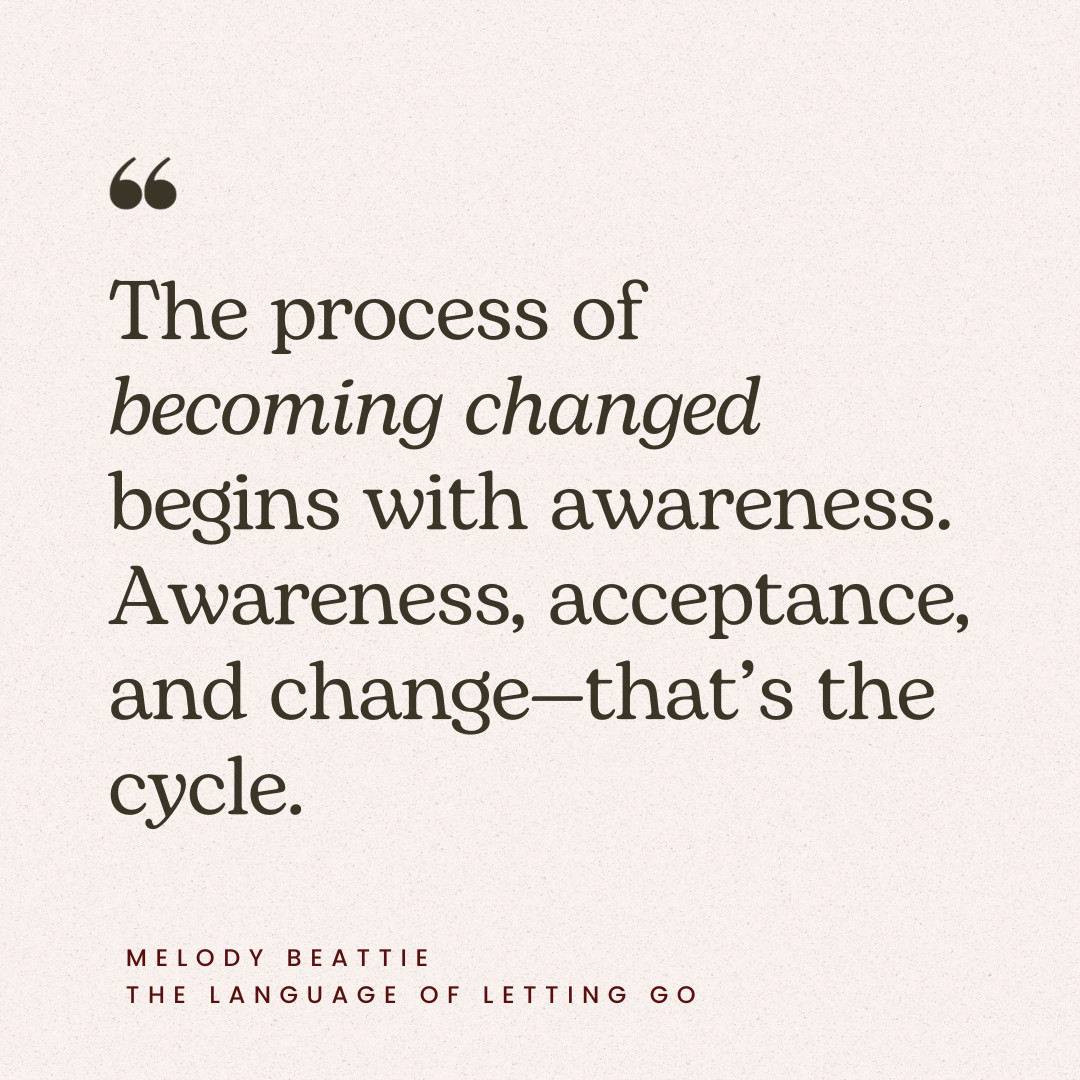


0 Comments